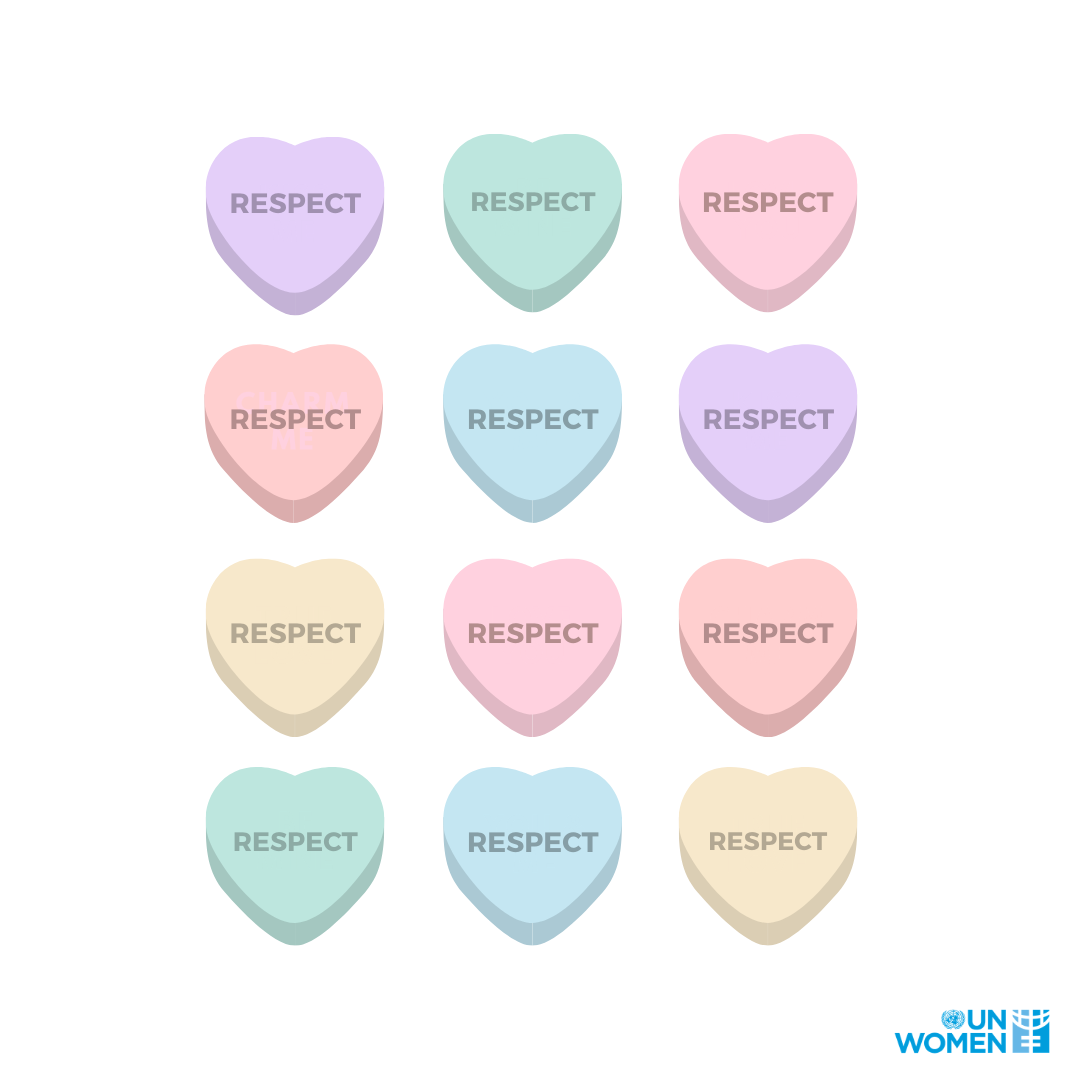By Mina Tumay @minaonthemoon and www.minaonthemoon.com


There are many gender norms and stereotypes embedded in our lives, including the gender-specific marketing of products, This involves ideas like that pink is for girls and blue is for boys, or that products for men must be ‘masculine’. Although stereotypes can be spotted year-round, days like Valentine’s Day often contribute to strengthening them because of their discriminative narrative.
With the day approaching, gift idea advertisements have started airing, often encouraging men to buy jewelry for “that special woman.” The entire day is constructed upon the commercialization of love, bringing along many sexist stereotypes. An example of this is an ad where a woman says “Give and you shall receive” after receiving flowers, contributing to the idea that relationships are transactional, and that women must ‘pay back’ for gifts with sex.
The cultural implications of Valentine’s Day also contribute towards a heteronormative narrative that the ‘love’ celebrated is between a woman and a man. Although there is progress on this front, Valentine’s Day cards often exclude same-sex or transgender couples, making the occasion uninviting for the L.G.B.T.Q.I.A.+ community.
Valentine’s Day reinforces the anti-feminist ideas that women are needy and expect to be showered with attention or need to be in a relationship to feel worthy. The same stereotypes are often not placed upon men. TV shows and films have been using the ‘single woman on Valentine’s Day’ trope for so long now that it feels like a normal sight to be expected. It feeds into the idea that a woman cannot be happy if she does not have a man in her life.
For Valentine’s Day to become a true celebration of love, the culture surrounding it must change.
Take action:
- This year, whether you are celebrating it with loved ones or using it as an opportunity for self-love, make sure that your actions and purchases don’t contribute to inequality;.
- Reach out to those who might be feeling unrepresented or lonely because of the way the day is promoted;.
- While acknowledging the cultural effect days like Valentine’s have upon gender norms is important, it is crucial that you live every day aware of the implications of such stereotypes;.
